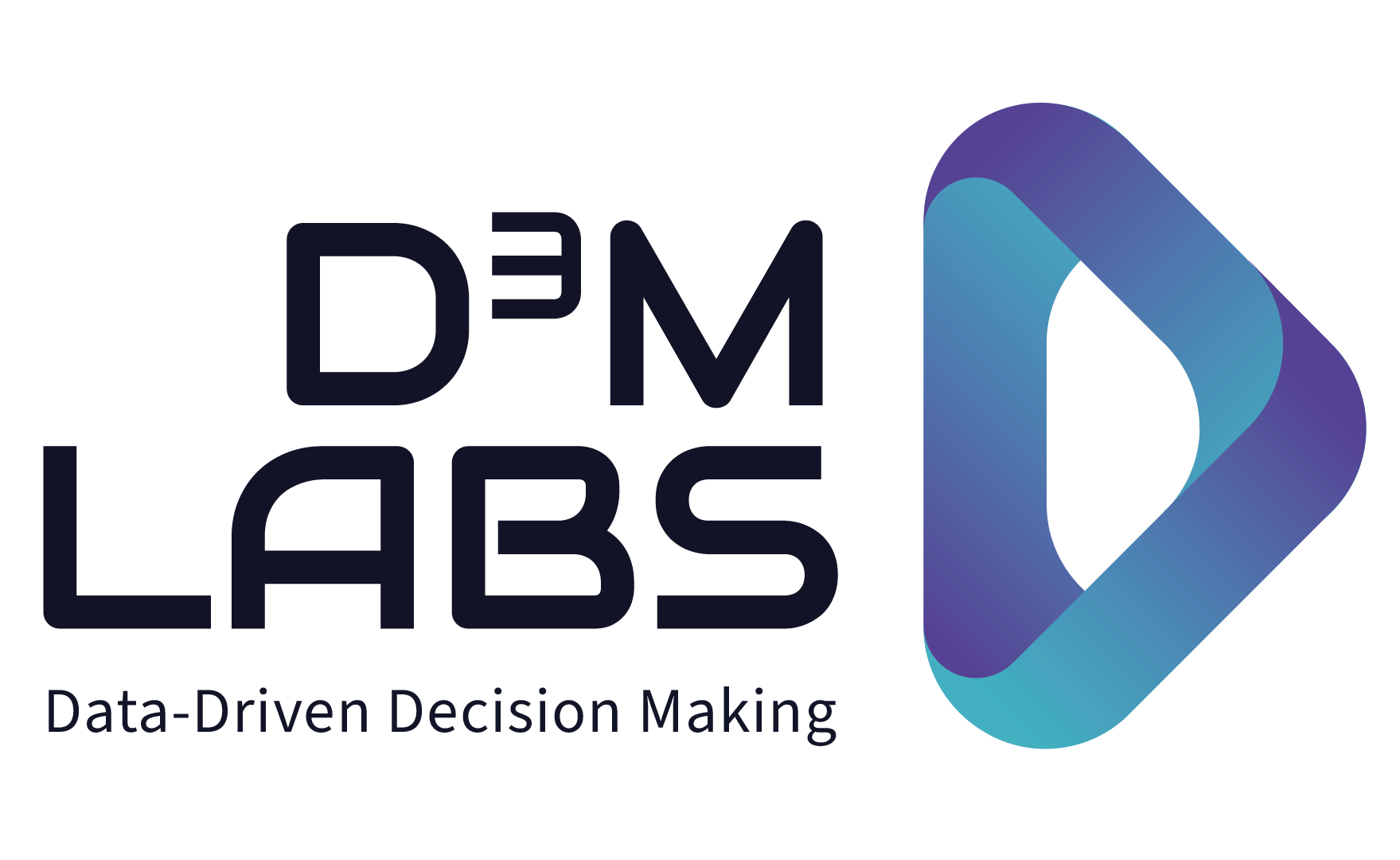Thanks to Irina Brudaru, Product Analytics Manager at Omio and Education Mentor at Frauenloop for co-Hosting this event with me. Irina was key to organizing and moderating the event.
Definitions: Analytics & Revenue generating:
- Analytics: is the packaged insight delivered to the business.
- Analytics tells a story and is the outcome you want from your data. The impact of your data is very much determined here.
- Reporting is the presentation of numbers. Analytics is the build on reporting that tells the business what to do with the information.
- Revenue generating:
- Direct: Sales made from an insight, i.e. an insight tells you how to attract more users.
- Indirect: Through insight to revenue generating action through, i.e. a competitive analysis.
- Other ways to add financial value can be to increase efficiency and / or convenience through uses of data.
What are the most important elements?
Choices were people, process, technology.
- “People” was the most important element considered by most of the participants.
- Application of the analytics is also a critical element.
- Process and technology were prioritized differently, according to context and perspective. One participant said that technology is an enabler for this discussion. Back in the 1980s, none of what we are doing today was easily possible. Technology makes our applications and processes doable for many organizations.
D3M Labs Thought provoking commentary: Designing analytics for impact and insight.
Making analytics a business function. Maybe with a sprinkle of International Relations and Political Science.
In the USA, analytics jobs are often filled by MBAs, economists, financial mathematicians and similar to focus on business insight.
D3M Labs recently posted a question about International Relations and Political Science also being good breeding grounds for international relations. Read the post here.
Away from the the technocratic ill-defined nature of analytic roles in Berlin-Tech
While in the Berlin startup scene analytics is often a generalist, often entry-level, catch-all for people doing data, which might include data engineering to presentation power point deep dives on strategy.
Focus on insight, undistracted from technocracy
Making analytics a business-focused function might be a good way to focus on the “last-mile” of impact delivery. The analyst’s ability to focus on the business needs, important decisions and how to derive impactful insight from the data, even driving strategic and tactical decisions will improve ROI from data immensely.
The data pipelining and infrastructure development can be done by data engineering, also with project managers and data product managers coordinating. However, there should be a division of labor in which the analysts can concentrate 100% on insight and analytics, not being distracted by building pipelines, code reviews, etc. Certain American corporations have been practicing this mode of operation for at least a decade already.
The data pipelining and infrastructure development can be done by data engineering, also with project managers and data product managers coordinating. However, there should be a division of labor in which the analysts can concentrate 100% on insight and analytics, not being distracted by building pipelines, code reviews, etc. Certain American corporations have been practicing this mode of operation for at least a decade already.
With the proliferation of low-code, no-code such division of labor is even more possible for smaller organizations.
Suggested D3M Labs readings.
Future of the Analyst (English and German)
Data analysts are often aspiring leaders – Results from a D3M Labs poll. Here is the link.
Analytics category here. (Includes topics of experimentation, CRM and more insight)


What is the rationale behind the division of labor in data analytics, where data engineers and project managers handle data pipelining and infrastructure development, allowing analysts to focus solely on insight and analytics without being involved in pipeline building and code reviews?